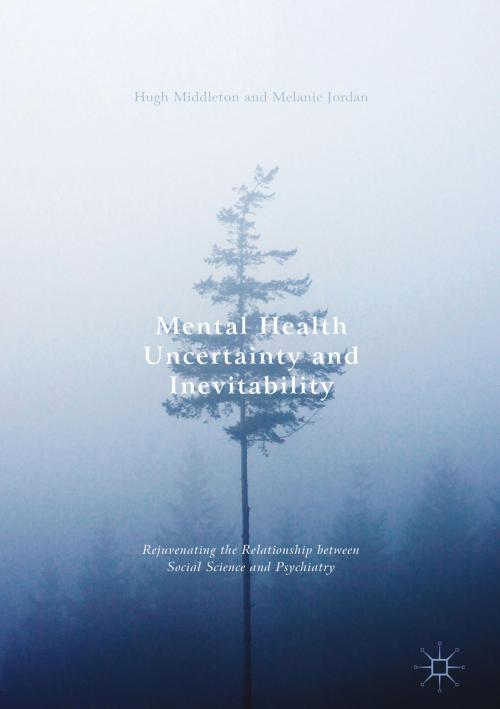Mental Health Uncertainty and Inevitability
Rejuvenating the Relationship between Social Science and Psychiatry
Nonfiction, Health & Well Being, Psychology, Research, Medical, Specialties, Psychiatry| Author: | ISBN: | 9783319439709 | |
| Publisher: | Springer International Publishing | Publication: | February 7, 2017 |
| Imprint: | Palgrave Macmillan | Language: | English |
| Author: | |
| ISBN: | 9783319439709 |
| Publisher: | Springer International Publishing |
| Publication: | February 7, 2017 |
| Imprint: | Palgrave Macmillan |
| Language: | English |
This book offers original knowledge, debate, and understanding from frontline fieldwork data and the relations between mental health difficulties, mental healthcare provision, and social theory.
Dominant discourse of the last half century has followed a medical perspective. This has marginalised contributions from social science. Furthermore purely medical approaches to mental healthcare have profound shortcomings. Thus, this book draws upon innovative research findings to rejuvenate the relationship between psychiatry and social science. It frames this by reference to certain inevitable and uncertain elements of mental health which characterise this field.
Over nine chapters the volume is a unique contribution to several intersecting areas of intellectual enterprise, research, and learning — as well as a source of insight into how mental health practice and policy might be modified and improved. As a result, it appeals to a wide range of audiences including social scientists, mental health practitioners, mental health researchers, social theorists, mental health service users, and policy-makers.
This book offers original knowledge, debate, and understanding from frontline fieldwork data and the relations between mental health difficulties, mental healthcare provision, and social theory.
Dominant discourse of the last half century has followed a medical perspective. This has marginalised contributions from social science. Furthermore purely medical approaches to mental healthcare have profound shortcomings. Thus, this book draws upon innovative research findings to rejuvenate the relationship between psychiatry and social science. It frames this by reference to certain inevitable and uncertain elements of mental health which characterise this field.
Over nine chapters the volume is a unique contribution to several intersecting areas of intellectual enterprise, research, and learning — as well as a source of insight into how mental health practice and policy might be modified and improved. As a result, it appeals to a wide range of audiences including social scientists, mental health practitioners, mental health researchers, social theorists, mental health service users, and policy-makers.















